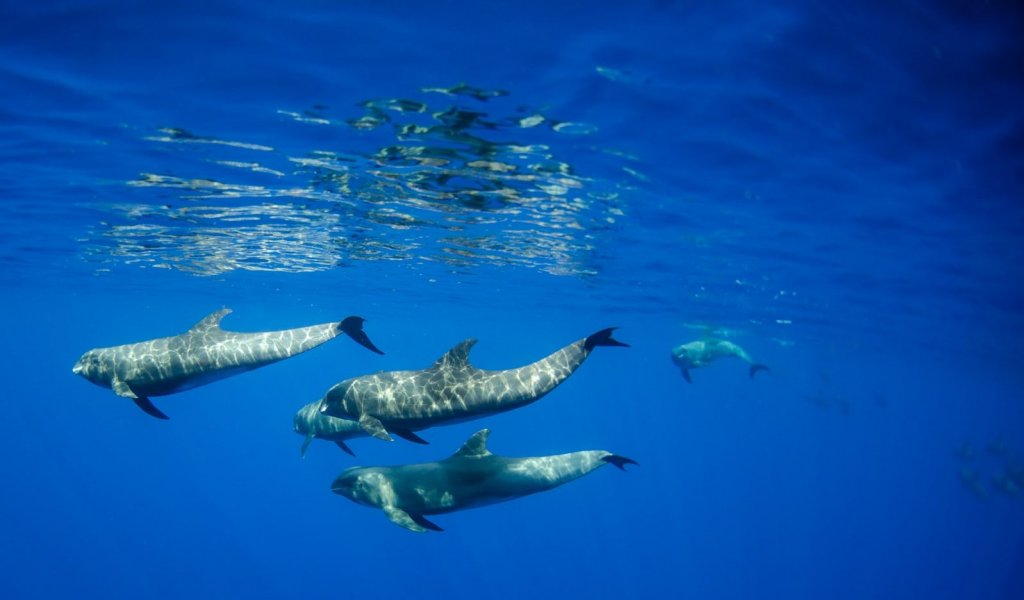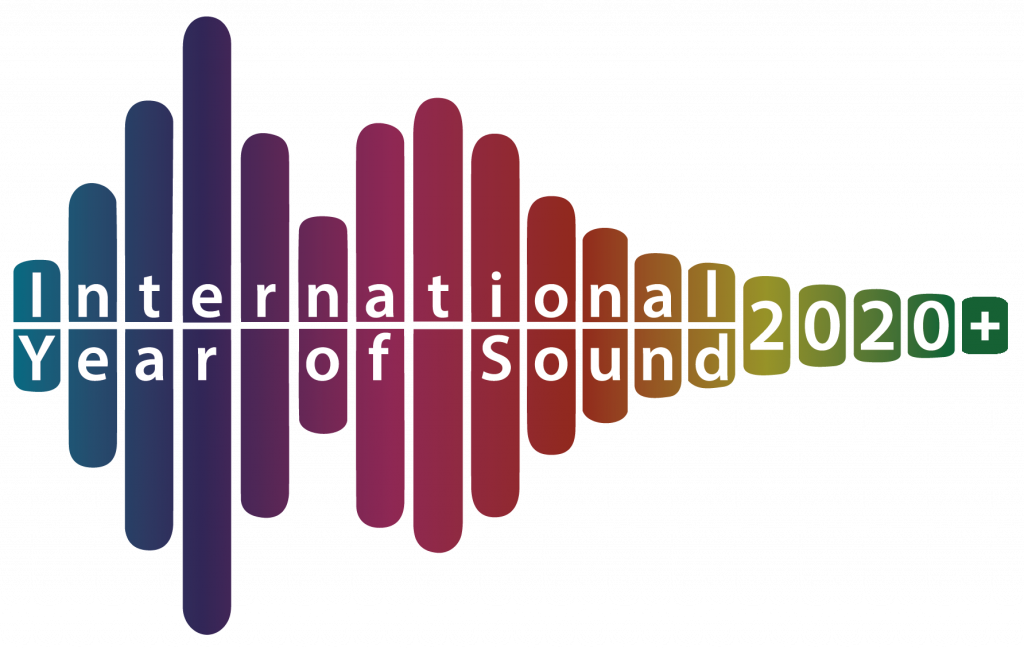
The International Year of Sound is a project that the International Commission for Acoustics (ICA), an Affiliated Member of the ISC, has been preparing for many years.
The theme of the international year is the Importance of Sound for Society and the World and is underscored by the UNESCO Charter of Sound and resolution 39C/49 on the ‘’Importance of sound in today’s world – Promoting best practices’’. Other partners for the international year include “La Semaine du Son” (LSdS), the International Science Council and ISC members the International Union of Pure and Applied Physics (IUPAP) and the International Union of Theoretical and Applied Mechanics (IUTAM).
The main goal of any international year is to to promote international collaboration and to raise awareness on how science contributes to innovation for the benefit for all society. However, for the International Year of Sound, soon after the opening in Paris at the Grand Amphitheatre of the Sorbonne on 31 January 2020, it became clear that the impact of the COVID-19 pandemic would curtail the outreach events that had been planned throughout the year and around the globe.
As expected, very few of the activities planned for 2020 were held with physical presence of the participants. Some, including major international conferences, were held online with considerable success, with the international year encouraged by new online technologies.
The scientific discipline devoted to sound is called acoustics, perhaps the most interdisciplinary and encompassing of all fields of research. At meetings of acoustical societies around the world one encounters physicists, mathematicians, and engineers; architects and musicians; audiologists and linguists; seismologists and oceanographers; physiologists and psychologists; and relevant to our health and well-being, biomedical acousticians – all striving to improve the use of sound in our lives. The pervasiveness of sound in our lives may be why it is often taken for granted, and even overlooked as a scientific discipline in its own right. The year 2020, now extended to 2021 due to the pandemic, has therefore been declared the International Year of Sound, which celebrates the global importance of sound in both technology and quality of life.
Mark Hamilton
President of the International Commission for Acoustics (ICA)

The activities, organized by member societies and affiliates of the ISC, included scientific conferences and workshops, exhibitions, presentations explaining the importance of sound to a general public in collaboration with museums, universities, schools, research centers and cultural organizations, as well as postings in social media, podcasts and concerts. Many events, competitions and conferences have been rescheduled, and ISC members and their communities can find out more by visiting www.sound2020.org.
The sound of science – the SARS-CoV-2 virus as a piece of classical music
Markus J. Buehler is the McAfee Professor of Engineering at MIT, and a composer of experimental, classical and electronic music, with an interest in sonification. He has converted the SARS-CoV-2 Coronavirus protein to music.
To ensure the inclusivity of the International Year of Sound, UKAN SIGVA have funded a video from the Acoustics Research Unit at the University of Liverpool who provided vibrotactile equipment to the Royal School for the Deaf Derby to aid music education.
A part-time music teacher helped the Acoustics Research Unit gain access to the school and the permanent music teacher did a great job of adapting the equipment into his teaching. This was the first time it was really feasible to teach pitch to the children. Obervations indicated that there are likely to be generations of deaf children who have misunderstood pitch. In this group of deaf children many initially thought that a high level of sound or vibration equated to a high pitch.
Despite the challenges of 2020, the acoustic community has shown resilience and innovation in the efforts to achieve the goals of the international year to enhance the understanding in the broad community of the importance of sound in today’s world. While the concept was initiated by the member organizations of the ICA, the establishment of the International Year of Sound has also encouraged collaboration and communication with other international institutions and smaller groups dealing with sound that eventually will strengthen the acoustics community into the future.
Sound is ubiquitous in our lives and an integral part of culture and society. Consider that the first visible impressions of our lives come from ultrasound images of us in the womb. It is among the basic tools for human communication and education via speech and hearing, while serving as a principal vehicle for the creation and transfer of cultures, and the maintenance of people’s heritage.
Mark Hamilton
President of the International Commission for Acoustics (ICA)
The International Year of Sound (IYS) is organized by the International Commission for Acoustics (ICA), an Affiliate Member of the International Science Council.
To get involved, please contact the ICA President Mark Hamilton ([email protected]) or ICA Past-President Michael Taroudakis ([email protected]).
More information: www.sound2020.org

Photo by Paul Cuoco on Unsplash